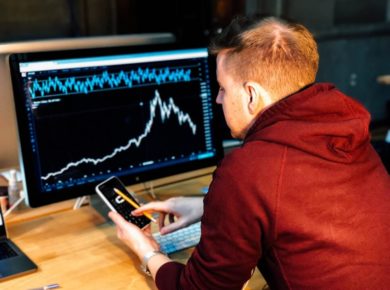Binance.US, the US arm of the world’s largest cryptocurrency exchange by volume, is going live next week, according to its official blog. After increasingly getting excluded from other platforms, the regulated fiat-to-crypto exchange would allow American users to register their accounts from next Wednesday, September 18.
Binance.US is initially accepting deposits in BTC, ETH, XRP, BCH, LTC, and USDT. Due to uncertainties over the US regulatory situation, the registrants will only be able to make deposits on the date mentioned above but will have to wait until the exchange provides an update detailing when trading will go live for specific pairs. Before that, they will have to pass a verification process with the selected KYC tier to set out the withdrawal limits.
London Summit 2019 Launches the Latest Era in FX and Fintech – Join Now
“After trading launches for this first phase, we will be continually adding to the selection of digital assets available for verified users to deposit and eventually trade on Binance.US. Trading availability of the digital assets we’re exploring will be based on our Digital Asset Risk Assessment Framework,” the dedicated US arm of Binance said.
A senior Ripple executive appointed to lead Binance.US
Binance is entering the US market via a partnership with BAM Trading Services, a FinCEN-registered company, to roll out the new platform exclusively for customers based in the United States. Binance will license its matching engine and wallet technologies to its US partner which would handle operations into compliance with local regulations.
Earlier in July, the crypto venue appointed Catherine Coley, the former head of XRP Institutional Liquidity, to join the fledgling US exchange as CEO. Coley’s appointment came shortly after the Changpeng Zhao-led firm announced it is closing off all US states from trading on Binance.com.
Binance’s strategy officer Gin Chao told Finance Magnates earlier this year that opening up a separate US-based exchange would help minimize the risk of heavy-handed regulators overstepping their bounds.











